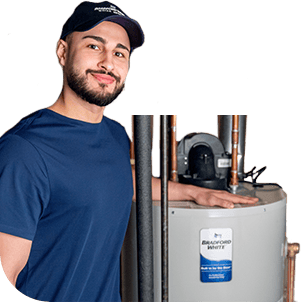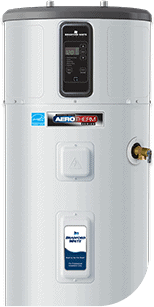8 Things to Consider When Choosing a Water Heater for Your Home
When it comes to keeping your home comfortable, the right water heater can make all the difference. Here are eight essential features you should be mulling over before investing in one.
1. The Right Size Tank
Ensure you get the tank size just right for your household needs. A water heater’s tank capacity is crucial; too small and you’ll be in for a cold shower when demand surpasses the supply. On the other hand, a tank that’s too large can lead to unnecessary energy expenditure. It is generally recommended to have a water heater that holds about 10-15 gallons per occupant on average.
2. Fuel Type and Availability
Deciding on which fuel type makes a big difference in terms of the unit’s efficiency and the cost of operation. Electric heaters are generally less expensive to purchase and install, but they are costlier to operate. Natural gas water heaters are affordable and often the preferred option for many homes. If you’re considering tankless water heaters, know that they often require gas lines or stronger electrical systems.
3. Energy Efficiency
Water heating accounts for a significant portion of your energy bill. Opt for a high-efficiency model as it will save you money in the long run, especially if you can find one that qualifies for rebates and incentives. Look for the Energy Factor (EF) rating to gauge a water heater’s efficiency; the higher the number, the more efficient the system.
4. Upfront and Operating Costs
Your initial investment is not the only cost to consider. Operating costs will play a significant role in your long-term budgeting. Evaluate the life-cycle cost of the system, considering the purchase price, installation costs, and your estimated annual energy expenses. Tankless systems are more costly upfront but can be more affordable in the long term due to their energy efficiency and longer lifespan.
5. Longevity and Durability
Investing in a water heater that will stand the test of time is crucial. A system with a longer warranty typically indicates the manufacturer’s confidence in the product’s longevity. Consider a water heater with features that reduce corrosion and built-up mineral scale, such as a glass-lined tank or fiberglass insulation.
6. Recovery Rate
The recovery rate indicates how quickly a water heater can reheat a full tank of water after it has been depleted. This is particularly important if you have a large family or if your peak water usage times coincide with those of your household members. A higher recovery rate can ensure that you never run out of hot water, even during times of high demand.
7. Size and Space Constraints
Check the dimensions of your space and match it with the physical size of your desired water heater. Don’t forget to leave sufficient room for maintenance and potential repairs. Incoming and outgoing water lines must match the heater’s specifications, as well as any ventilation requirements for gas models.
8. User-Friendly Features
Bradford White water heaters offer a variety of convenient features. Adjustable thermostats, vacation modes, and Bradford White Connect (Wi-Fi connectivity for remote control) are all worth considering. Look for safety features as well, including automatic shut-off, and if you have young children, a cool-touch surface can provide peace of mind.
Remember, your water heater is an investment that you’ll live with for years, so consider these features carefully. Making a well-informed decision can lead to a more comfortable home and a better bottom line for years to come.



